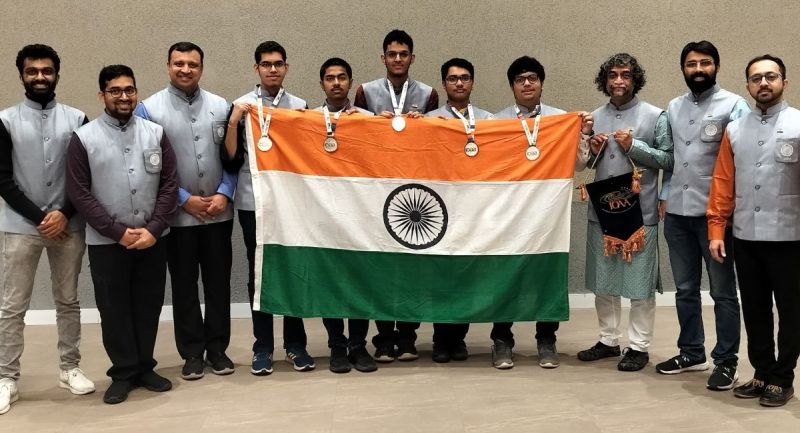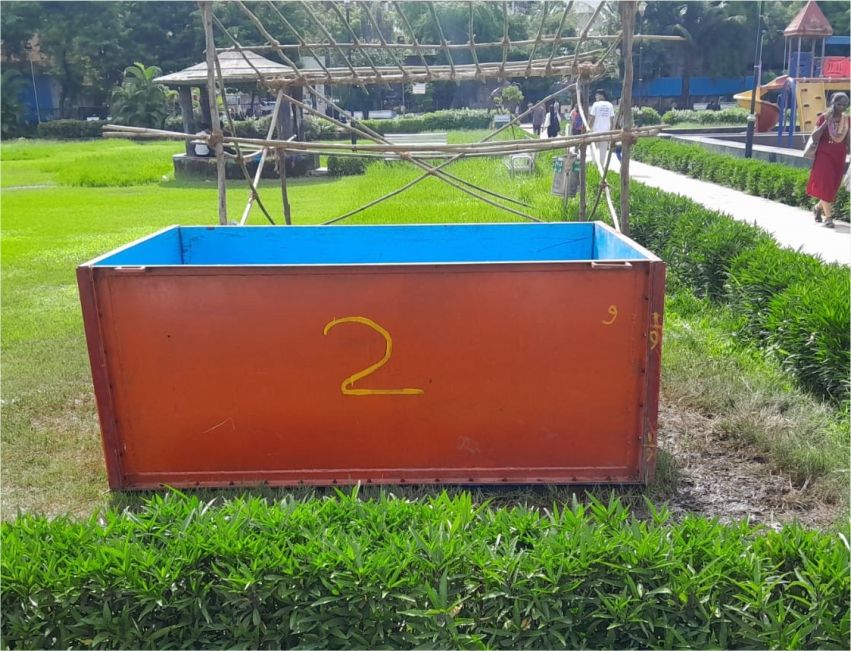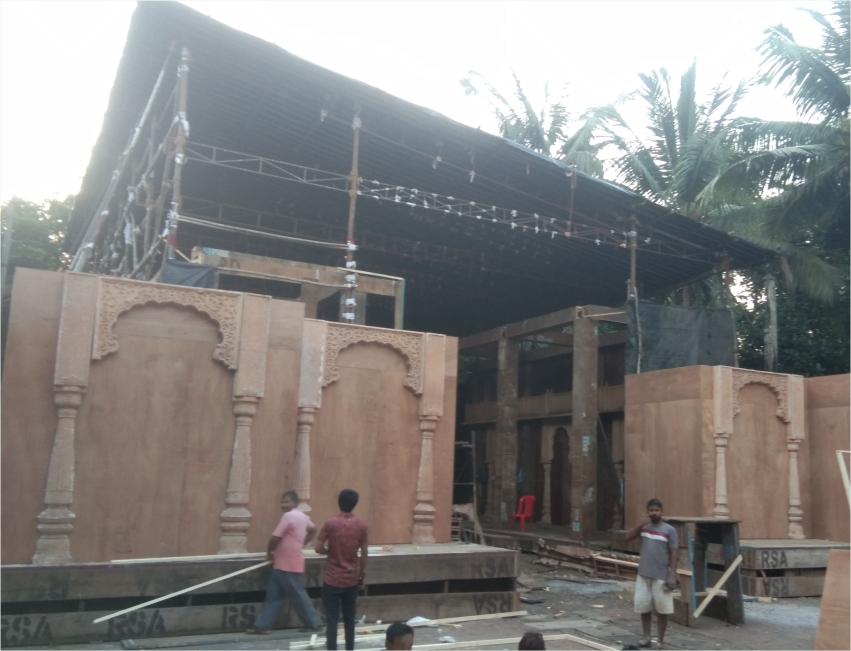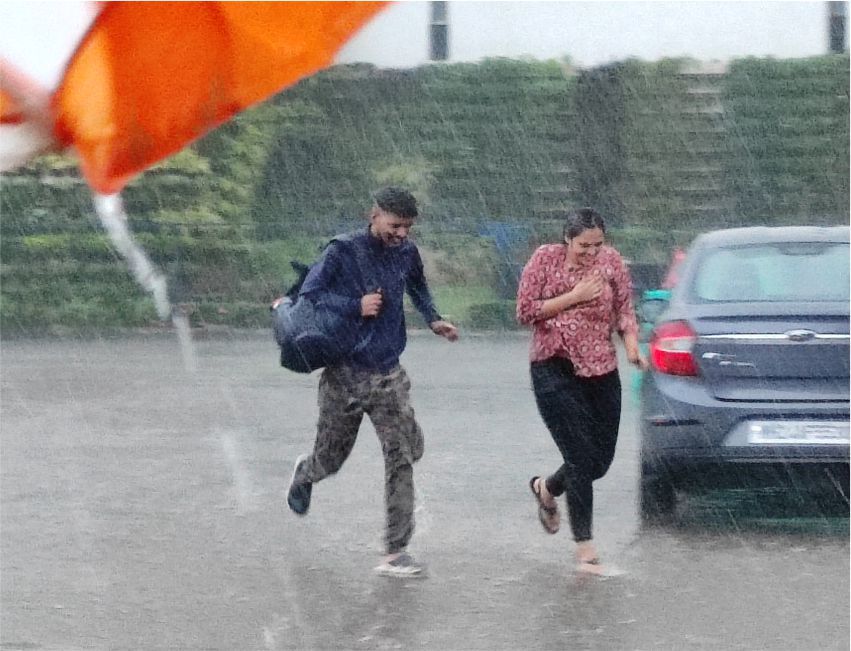India to host 18th International Olympiad on Astronomy and Astrophysics in Mumbai in August 2025

- Indrani Basu
- 29 Aug, 2024
Mumbai: India has achieved a significant milestone by being selected to host the 18th International Olympiad on Astronomy and Astrophysics (IOAA) in August 2025. The prestigious event will take place in Mumbai, with the Homi Bhabha Centre for Science Education (HBCSE) in Mankhurd serving as the host organizer. The announcement was made by HBCSE Centre Director, Prof. Arnab Bhattacharya, who received the IOAA flag from the current hosts during the 17th IOAA held in Rio de Janeiro, Brazil, from August 17 to 26, 2024.
India's participation in the 17th IOAA was marked by an outstanding performance, with all five students securing medals. Daksh Tayalia from Bengaluru, Karnataka, won a Gold medal, while Aayush Kuthari and Sanidhya Saraf from Pune, Maharashtra, Banibrata Majee from Hyderabad, Telangana, and Panini from Bihar, Uttar Pradesh, each earned Silver medals.
The Indian team was accompanied by two leaders: Prof. Bhargav Vaidya (IIT Indore) and Mr. Pritesh Ranadive (HBCSE-TIFR, Mumbai), along with four Scientific Observers: Prof. Arnab Bhattacharya (HBCSE-TIFR, Mumbai), Dr. Vaibhav Pant (ARIES, Nainital), Dr. Akshat Singhal (HBCSE-TIFR, Mumbai), and Mr. Yash Mehta (Open AI). Prof. Aniket Sule (HBCSE-TIFR) attended the event as the current president of IOAA.
This year's IOAA saw participation from 232 students representing 52 countries. India ranked eighth in the medals tally, with Iran securing the top position with five Gold medals, followed by the USA, Romania, South Korea, Singapore, Slovenia, and Canada.
The IOAA competition is composed of three main components: theory (50%), observation (25%), and data analysis (25%), along with a team competition involving mixed-nation teams. This year's theoretical section included challenging problems on topics such as understanding sundials, estimating galaxy cluster mass, calculating elliptical orbits of asteroids, and analyzing the physics of white dwarfs and black holes. One of the key tasks involved the 1919 solar eclipse, which confirmed the general theory of relativity. The observational component required students to use a Galileo-scope to measure the coordinates of an artificial star.
The 17th IOAA was the final senior science Olympiad of the year, with a total of 18 students receiving medals: 5 Gold, 12 Silver, and 1 Bronze. India's strong showing at the event highlights the country's growing prominence in the field of astronomy and astrophysics.




